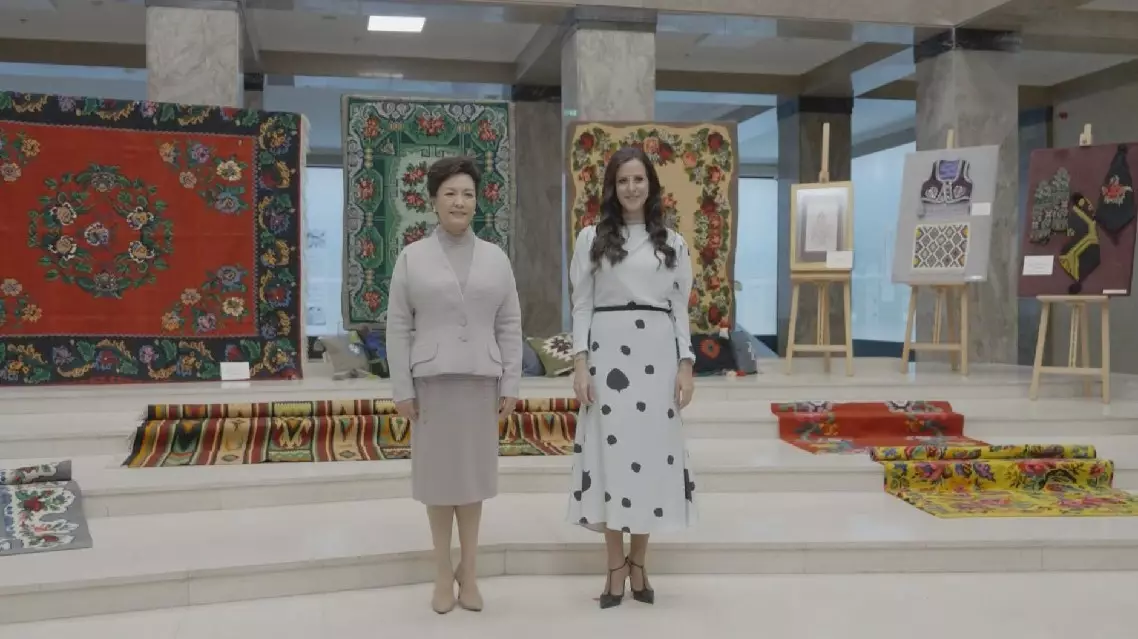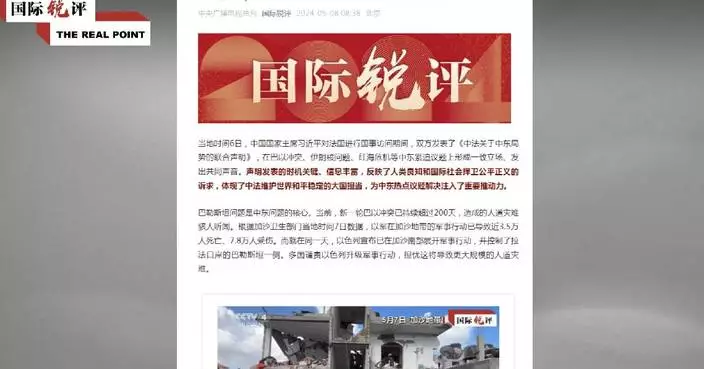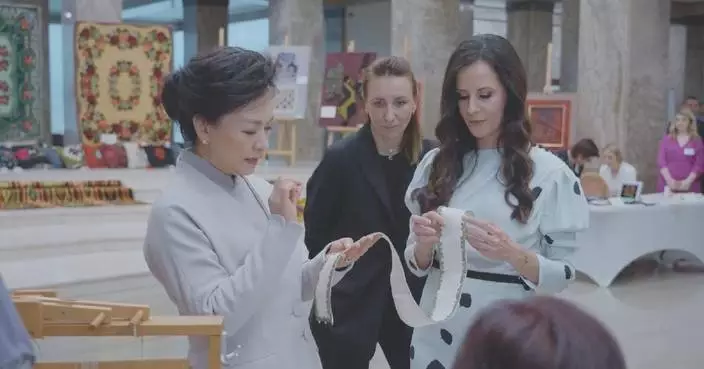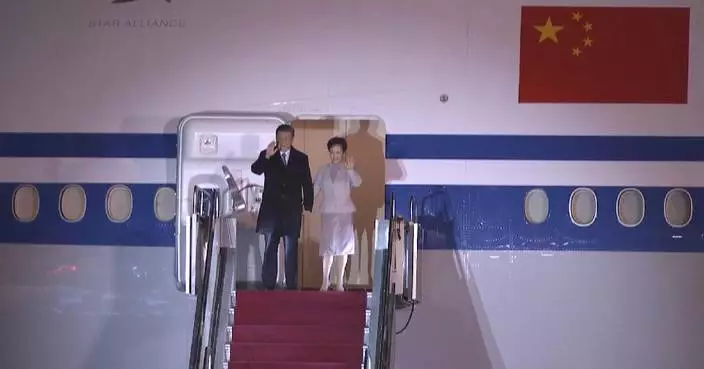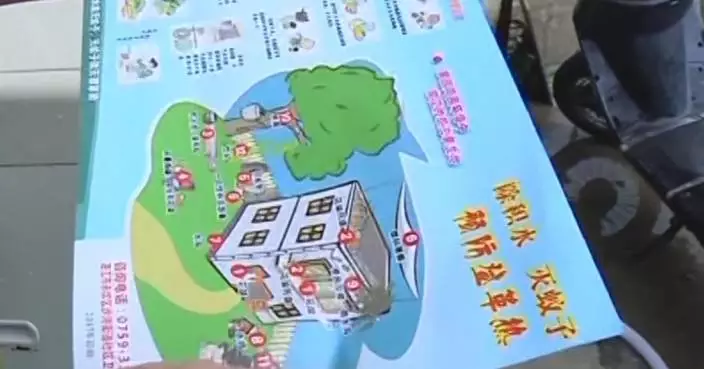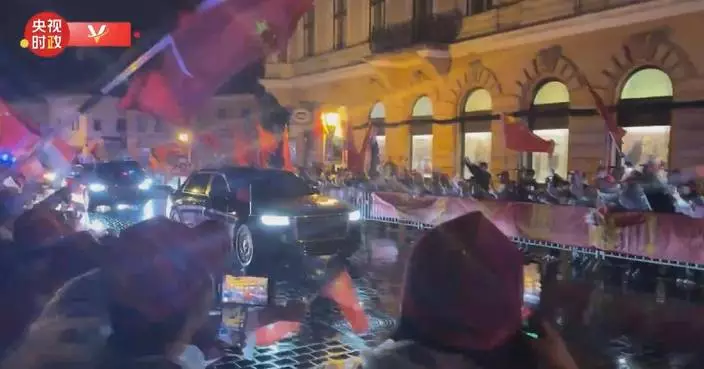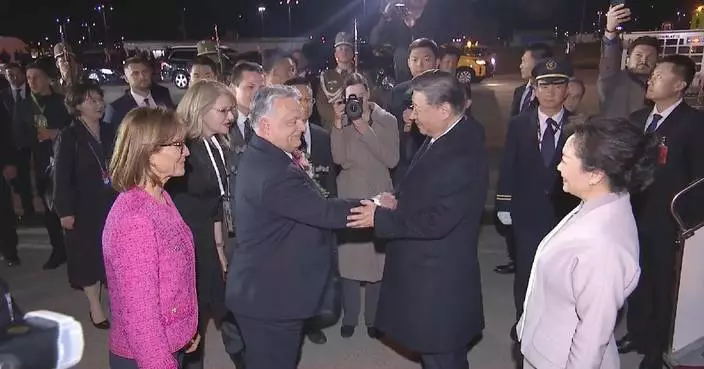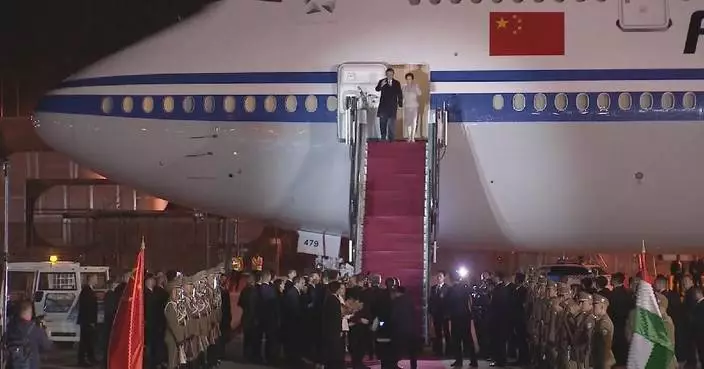Chinese Foreign Minister Wang Yi reiterated China's stance that peaceful discussions are the only viable way to resolve the Ukraine crisis, while calling for an international peace conference to resolve the Ukraine crisis. Wang, also a member of the Political Bureau of the Communist Party of China Central Committee, recently granted a written interview with Al Jazeera Media Network. He was asked for comments on how China will mediate in these negotiations as the primary strategic partner of Russia.
China's position on the Ukraine crisis is consistent, unequivocal and transparent, Wang said.
China is not a direct party to the conflict, and it did not start the crisis. Yet China is not an indifferent onlooker. In over two years since the full escalation of the crisis, China has made tireless efforts to promote ceasefire and end the fighting, he said.
President Xi Jinping had in-depth talks with leaders of Russia, Ukraine and other countries. He stressed that peaceful negotiation is the only viable way out, and expressed China's hope for all parties to build conditions for political settlement of the crisis through dialogue, Wang said.
In addition, China has released a position paper particularly on the Ukraine crisis, and its special representative has made many visits to relevant countries to conduct good offices, pass on messages, clarify positions, and urge all sides to seek common ground, put aside differences and build consensus, he added.
Wang pointed out that the danger of further deterioration and escalation of the crisis still exists. He called on the international community to strengthen solidarity, pool all the efforts for peace, and take real actions to lower the temperature.
It is imperative to remain committed to political settlement. Conflicts and wars do not end on the battlefield but at the negotiation table. China supports an international conference held at a proper time that is recognized by both Russia and Ukraine and that ensures equal participation of all parties as well as fair discussions of all peace plans so as to achieve early ceasefire and end the fighting, Wang said.
It is imperative to uphold objectivity and impartiality. There is no panacea to defusing crises. All sides should play their due part, and build up mutual trust to create conditions for ending hostility and starting peace talks. Any attempt to exploit the chaos for selfish gains or add fuel to the flames must be firmly rejected. More importantly, no one should form factions or provoke bloc confrontation, Wang said.
It is imperative to address both symptoms and root causes. To uproot the crisis, we must dive deeper into the question of security. Pursuing unilateral or absolute security by willfully compressing the security space of others will inevitably tip the balance of power in the region and give rise to conflicts, he said.
China will, together with the international community, uphold the principle of indivisible security, champion the vision of common, comprehensive, cooperative and sustainable security, accommodate legitimate security concerns of all sides, and support a balanced, effective and sustainable regional security architecture, Wang said.
China will work with all parties constructively to promote political settlement of the crisis, and contribute more to regional tranquility and security and enduring world peace, he added.
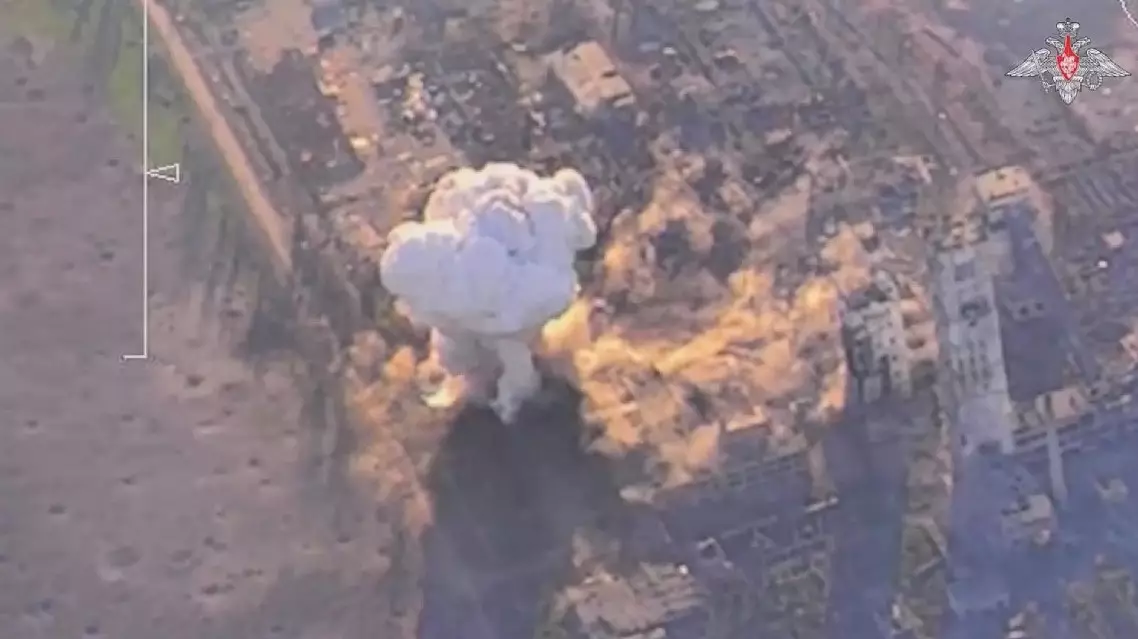
Conflicts do not end on battlefield but at negotiating table: Wang Yi


